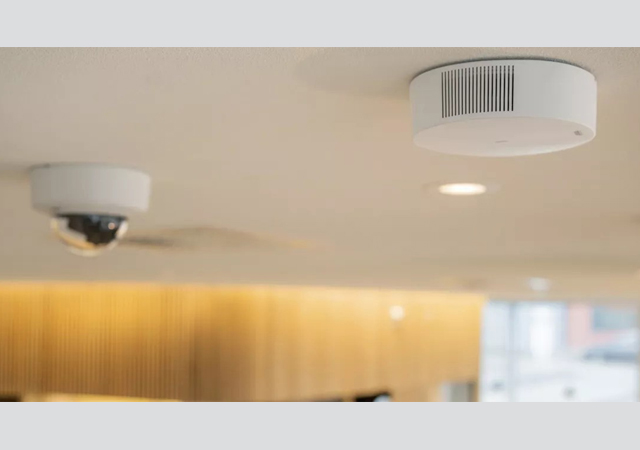
LEADING chemical company BASF has launched its new ‘crystal speed hardening’ concept for contractors and precast producers.
The core product of the concept is X-Seed 100, a unique hardening accelerator that helps to speed up concrete hardening significantly at early stages – between six to 12 hours – supporting at least double-strength development at low, ambient and heat curing temperatures, according to a spokesman for the company.
“In contrast to traditional acceleration methods such as heat application or normal accelerators, X-Seed 100 does not interfere adversely with the final engineering properties of the concrete,” he says. “In addition, it helps to save time and has a positive impact on energy efficiency, offering an attractive overall cost saving potential.”
“With our new Crystal Speed Hardening concept, BASF supports the concrete industry’s need for more sustainable production,” says Dr Uwe Holland, head of marketing, Admixture Systems Europe.
X-Seed 100 consists of synthetically produced crystal seeds in liquid form, which boosts the hardening properties of the concrete mix. It improves the quality of the hardened cement paste and provides durability benefits.
“Our new concept exceeds and strengthens all existing solutions for the key industry needs and is fully compatible with established BASF admixture technologies such as the Zero Energy System using Glenium ACE and Smart Dynamic Concrete with RheoMatrix,” says Dr Michael Kompatscher, segment manager, Precast/MCP.
Meanwhile, BASF points out that a study by the American University of Sharjah, UAE, has singled out BASF’s Rheocrete 222+ – a state-of-the-art admixture designed to inhibit the corrosion of steel reinforcement in concrete – as the most effective among common commercially available alternatives.
The study, conducted last year, evaluated the effect of three different corrosion inhibitors – a calcium nitrite inhibitor (CNI), a migratory corrosion inhibitor (MCI) and BASF’s Rheocrete 222+.
Drummond Welsh of BASF says: “The study by the American University of Sharjah was conducted using a standard mix without the addition of compounds such as silica fume (SF), fly ash (PFA) or ground granulated blast furnace slag (GGBS), commonly used to diminish the porosity of the concrete mix.
“The success of the Rheocrete 222+ in these circumstances reflects the efficiency of its design and its suitability for use within standard mixes, as well as those optimized using other additives or compounds.”
Rheocrete 222+ employs a combination of amines and esters in a water medium, which is added to fresh concrete at a fixed dosage of 5 litres per cu m. The ester component acts by lining the pores of the cement matrix, slowing the rate at which chlorides and moisture enter the concrete.
The amines adsorb onto the reinforcing steel to provide an additional barrier to corrosion by forming a protective film. This film slows the corrosion process once it begins by preventing chlorides from reacting with the reinforcing steel, and by depriving the corrosion process of moisture. This dual mechanism makes Rheocrete 222+ effective with all cement factors, including in cracked concrete where the elements that cause corrosion have direct access to the reinforcing steel.
Additional advantages that can be gained by using Rheocrete 222+ in conjunction with good quality concrete are advanced concrete designs that enable better construction process economy, higher concrete durability and increased energy efficiency, so saving time and money and reducing CO2 emissions.






.jpg)









.jpg)




































.jpg)



